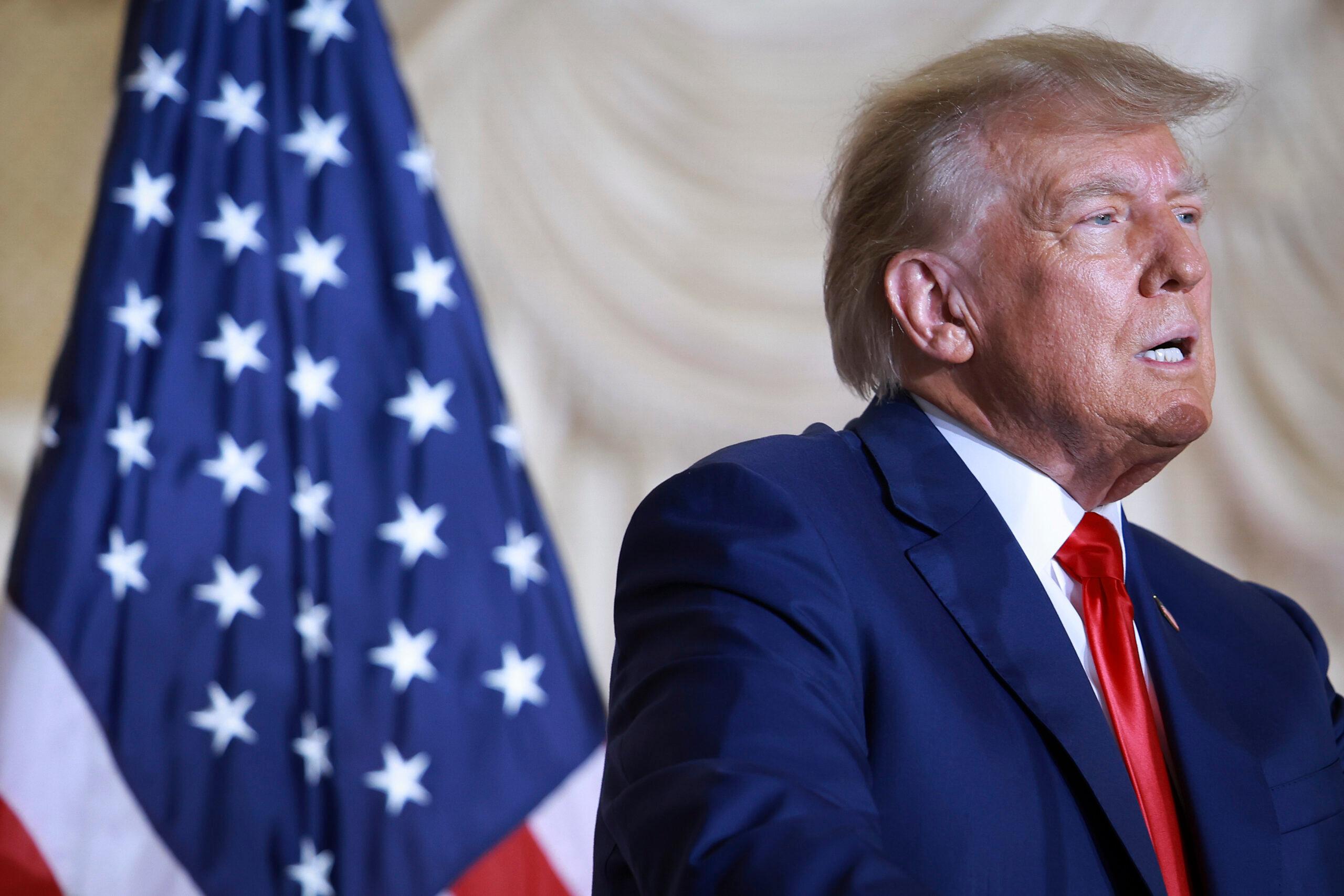How Strong Is the Case Against Donald Trump?
Norman Eisen, lawyer and House Judiciary Committee cocounsel in Trump’s first impeachment trial, argues that Bragg’s case is strong. Then, Semafor political reporter Dave Weigel discusses whether Trump’s indictment will reshape the election.
Derek talks to Semafor political reporter Dave Weigel about how the Trump indictment could reshape the election—or turn out to be a big ole nothing burger. But before that, Norman Eisen, a lawyer who served as cocounsel for the House Judiciary Committee during the first impeachment and trial of Donald Trump, argues that Alvin Bragg’s case is much stronger than the conventional wisdom.
If you have questions, observations, or ideas for future episodes, email us at PlainEnglish@Spotify.com. You can find us on TikTok at www.tiktok.com/@plainenglish_.
In the following excerpt, Derek asks Norman Eisen to lay out the basics of Alvin Bragg’s case against Trump.
Derek Thompson: When you looked at this, what was important, what is DA Alvin Bragg charging Donald Trump with?
Norman Eisen: Well, he’s charging him with attempted interference in the 2016 election that was a precursor, as I wrote in the Times and in another CNN opinion piece that I published immediately after. This 2016 conduct involving the hush money was a gateway drug for the attempted election interference involving getting the president of Ukraine to attack Joe Biden, at least the attempt in 2019 that was the subject of the impeachment, first impeachment. And then, the massive election interference that constituted the attempted coup and insurrection following the 2020 election. This was the gateway drug, and the way it’s being prosecuted—there’s no crime on the books for pushing a gateway drug of democracy denial—but the way it’s being prosecuted, as you always do, is to look for the specific crimes that were violated. When you have one of these assaults here, Trump, it seems to me, powerful evidence that Trump created false books and records. He characterized hush money payments that were made to Stormy Daniels as legal fees.
Under New York law, you can’t write in your corporate books and records that something is a legal fee if it’s a hush money payment. That is a slam dunk New York crime, and it’s a felony crime if you do it to hide another offense. Here it appears that there were campaign finance violations. Michael Cohen can’t give a $130,000 payment or loan to benefit the campaign; he pled guilty to that in federal court. There’s state campaign finance violations, there’s tax issues, so when you cover up or advance another crime, as happened here, that is a felony books-and-records violation. And, of course, the reason, returning to my point—election interference—the reason for this hush money payment was to benefit Trump’s campaign. There’s a ton of evidence of that, including that it came right after the Access Hollywood scandal. A second sex scandal might have killed Trump in an election that he only won by a little over 70,000 votes in three states anyhow. So Bragg’s charges are righteous. They are not petty New York misdemeanors and felonies; they’re major democracy crimes just like the ones that other prosecutors, state and federal, are looking at for 2020.
Host: Derek Thompson
Guests: Norman Eisen and Dave Weigel
Producer: Devon Manze
Subscribe: Spotify

